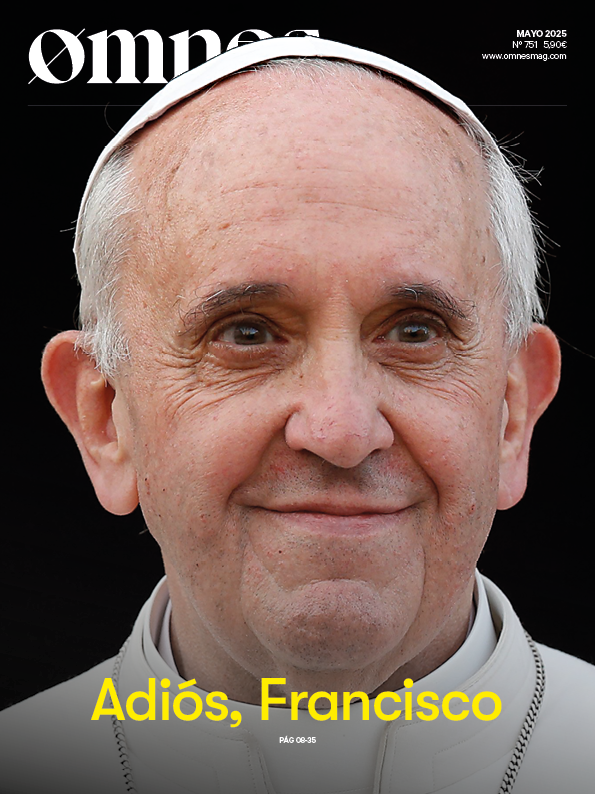With the implementation of the LOMLOE, it is mandatory to review the Religion curriculum and adapt it to the new legal framework. It is undoubtedly, beyond the technical necessity, an opportunity to review and update the curriculum of this subject and put it back in dialogue with the educational needs of the new generations.
This is undoubtedly the intention of the Spanish Episcopal Conference in launching this open forum 'Towards a new Religion curriculum', to facilitate a dialogue among all that will lead to the creation of a new Religion curriculum. It will be an open call for four virtual forums that will lead to a revision of the sources of the curriculum. The forums will be held on February 23, and March 2, 9 and 16, from 5:30 to 7:30 pm.
Several sessions will deal with aspects that have an impact on the development of the curriculum. The session on February 23 will deal with 'Reasons for a new Religion curriculum' and will include a presentation by Cardinal Angelo Bagnasco, President of the Conslilium Conferentiarium Episcoparum Europae. The following sessions will address the social keys in the session 'Challenges of the school and society of the 21st century to the ERE', the theological keys in the session 'From Theology to the pedagogy of Religion', and the pedagogical keys in the last meeting on 'Psychopedagogy for a renewed Religion class', which I will have the opportunity to moderate.
Each session will have an open forum until the following Sunday to receive input on the specific topic addressed each Tuesday. It will be possible to follow the broadcasts through the YouTube channel of the Episcopal Commission for Teaching. All this will be accompanied by the possibility of participation of teachers through a form that will be available on the web site http://hacianuevocurriculo.educacionyculturacee.es/ which will be open from February 15.
Undoubtedly, this is an opportunity for all of us to participate and it can mean a new impulse to the subject in a really transcendental time. The teachers who are imparting this knowledge in the classroom are the ones who most directly know the needs of the students, the limits of the previous curriculum, the adaptation needs that they themselves have made. That is why they should be, and this is what the EEC wants, the first protagonists in the elaboration of the new Religion curriculum.
Photo: Banter Snaps/unsplash








